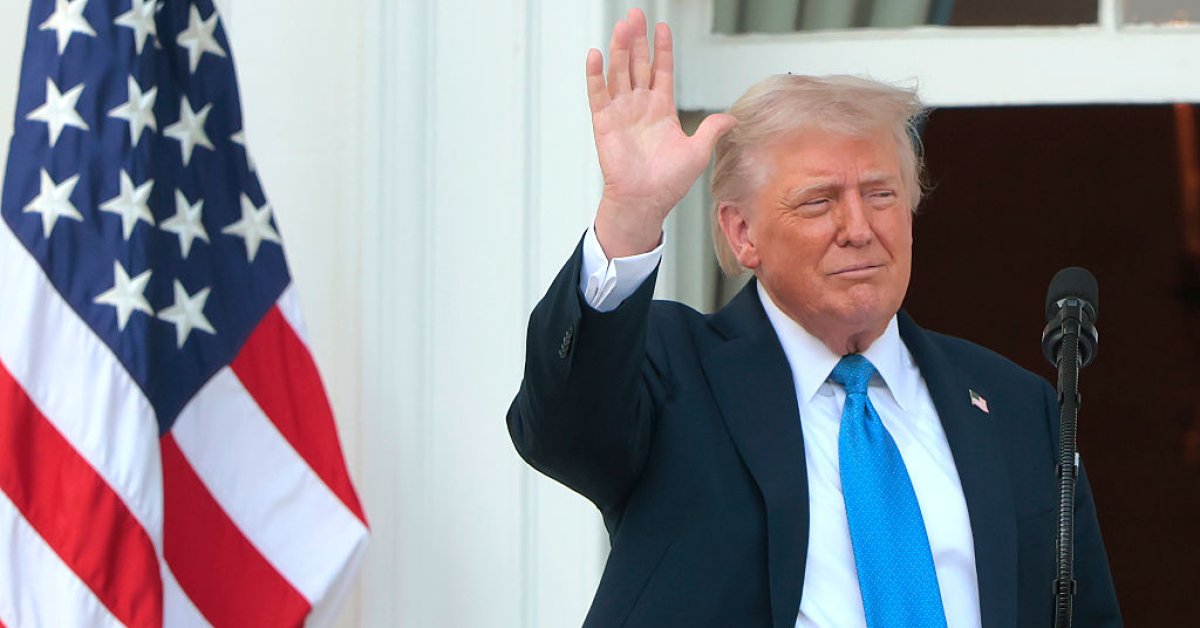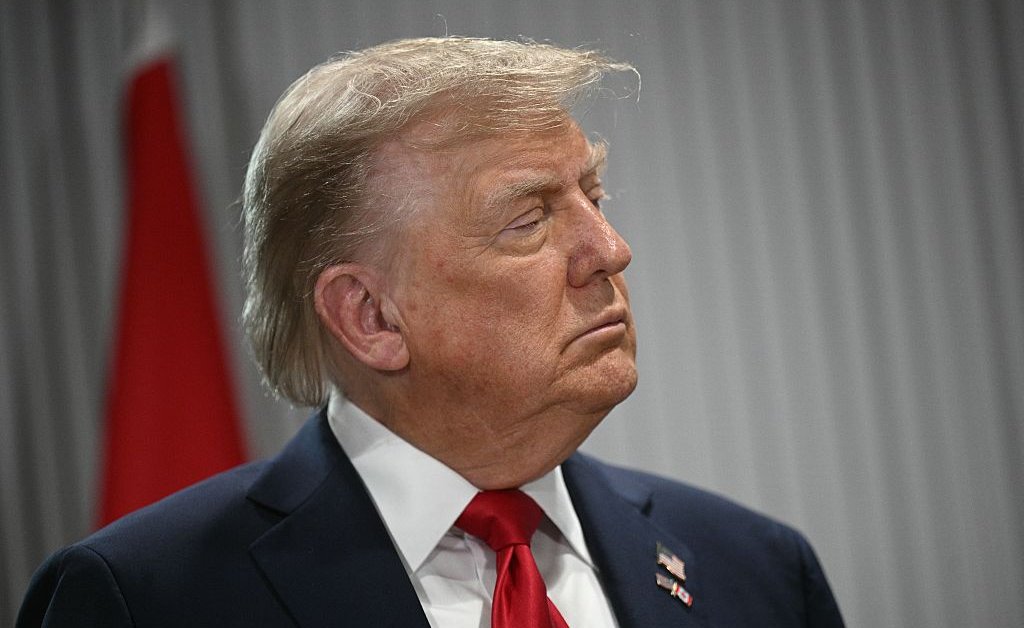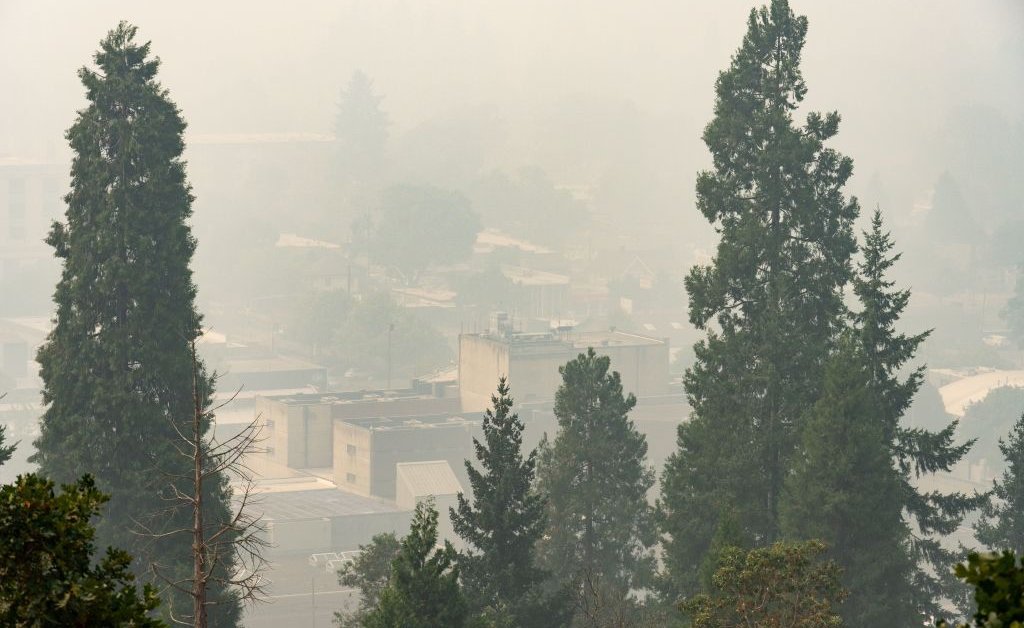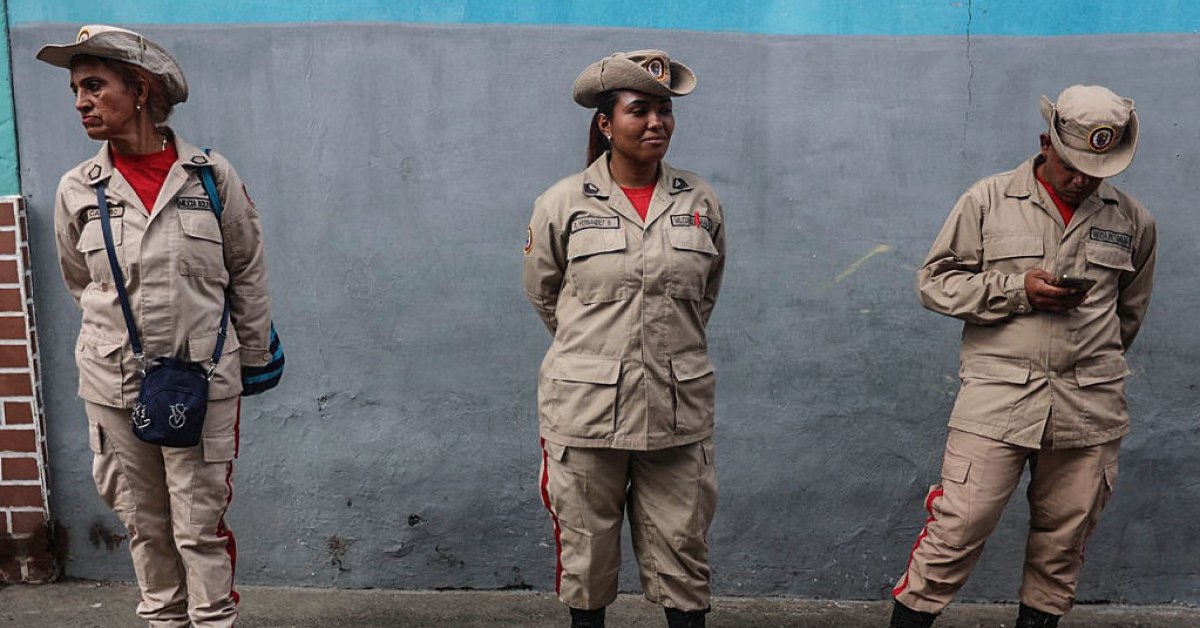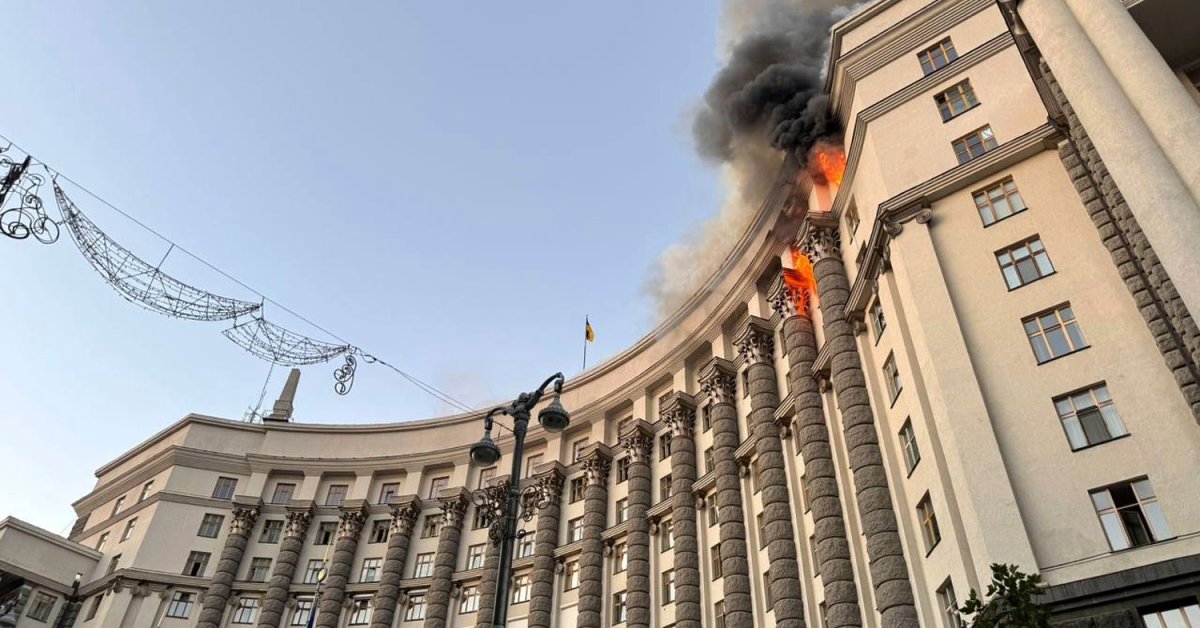As promised during his campaign, President Donald Trump is reviving his “famous” travel ban policy from his first term, citing threats to national security to block out entire nationalities from entering the U.S.
Trump issued a proclamation Wednesday that bars the entry of nationals from 12 countries and tightens restrictions on nationals from seven more. The order takes effect on June 9. It provides exceptions, including for lawful permanent residents and specific visa holders as well as for athletes and team members who are traveling for major sporting events. (The U.S. is hosting the FIFA Club World Cup this summer, the FIFA World Cup in 2026, and the 2028 Summer Olympics.)
Trump’s original travel ban, which he issued just a week after his first-term inauguration in 2017—sowed chaos at arrival points and incited protests across the country. The order was widely referred to as a “Muslim travel ban” as it initially targeted Muslim-majority countries, barring Syrian refugees from entering and temporarily suspending the entry of nationals from Iraq, Iran, Libya, Somalia, Sudan, and Yemen. Over time, the list of countries was revised, while the ban was challenged in court. The Supreme Court upheld the ban in 2018, though Trump’s successor President Joe Biden repealed it upon taking office in 2021.
The new “travel ban” comes after a Jan. 20 executive order that directed the Secretaries of State and Homeland Security, the Attorney General, and the Director of National Intelligence to identify countries with security and public safety risks.
Trump said in the proclamation on Wednesday that the new restrictions are necessary “to prevent the entry or admission of foreign nationals about whom the United States Government lacks sufficient information to assess the risks they pose to the United States.”
What countries have new restrictions?
The proclamation fully suspends the entry of nationals from Afghanistan, Chad, the Republic of the Congo, Equatorial Guinea, Eritrea, Haiti, Iran, Libya, Myanmar, Somalia, Sudan, and Yemen.
Nationals from Burundi, Cuba, Laos, Sierra Leone, Togo, Turkmenistan, and Venezuela will face limited restrictions, including a ban on entry for immigrants and bans on entry for nonimmigrants with certain classes of visas.
In a video posted by the White House on X announcing the proclamation on Wednesday, Trump added that the list can be expanded to include other countries “as threats emerge around the world.” In March, an internal memo obtained by the New York Times showed that as many as 43 countries could be included in such a ban.
Why were these countries on the list?
A White House fact sheet about the proclamation lists a justification for each of the 19 countries on the list.
Some of the countries have links to terrorism. Afghanistan is controlled by the Sunni Islamist group the Taliban, which took over in 2021 after the exodus of American troops from the country; Iran has links to several militant organizations in the Middle East, including Hezbollah in Lebanon, the Houthis in Yemen, and Hamas in Gaza; and Somalia, where the jihadist group al-Shabaab is based, is designated by the U.S. as a “terrorist safe haven.”
Others are deemed to be uncooperative with the U.S. in sharing law enforcement data or accepting back their removable nationals.
In the video on X, Trump said the June 1 attack in Boulder, Colo., which left several injured, “underscored the extreme danger posed to our country by the entry of foreign nationals who are not properly vetted, as well as those who come here as temporary visitors and overstay their visas.” The Boulder attacker arrived in the U.S. on a nonimmigrant visa that has since expired.
“Thanks to Biden’s open-door policies, today there are millions and millions of these illegals who should not be in our country,” the President, who has also promised a mass deportation effort, said. “We don’t want them.”
Trump touted in the video that his first-term travel restrictions were one of his “most successful” policies and claimed they played a role in thwarting terror attacks.
“We will not allow people to enter our country who wish to do us harm,” Trump said in the video. “And nothing will stop us from keeping America safe.”

